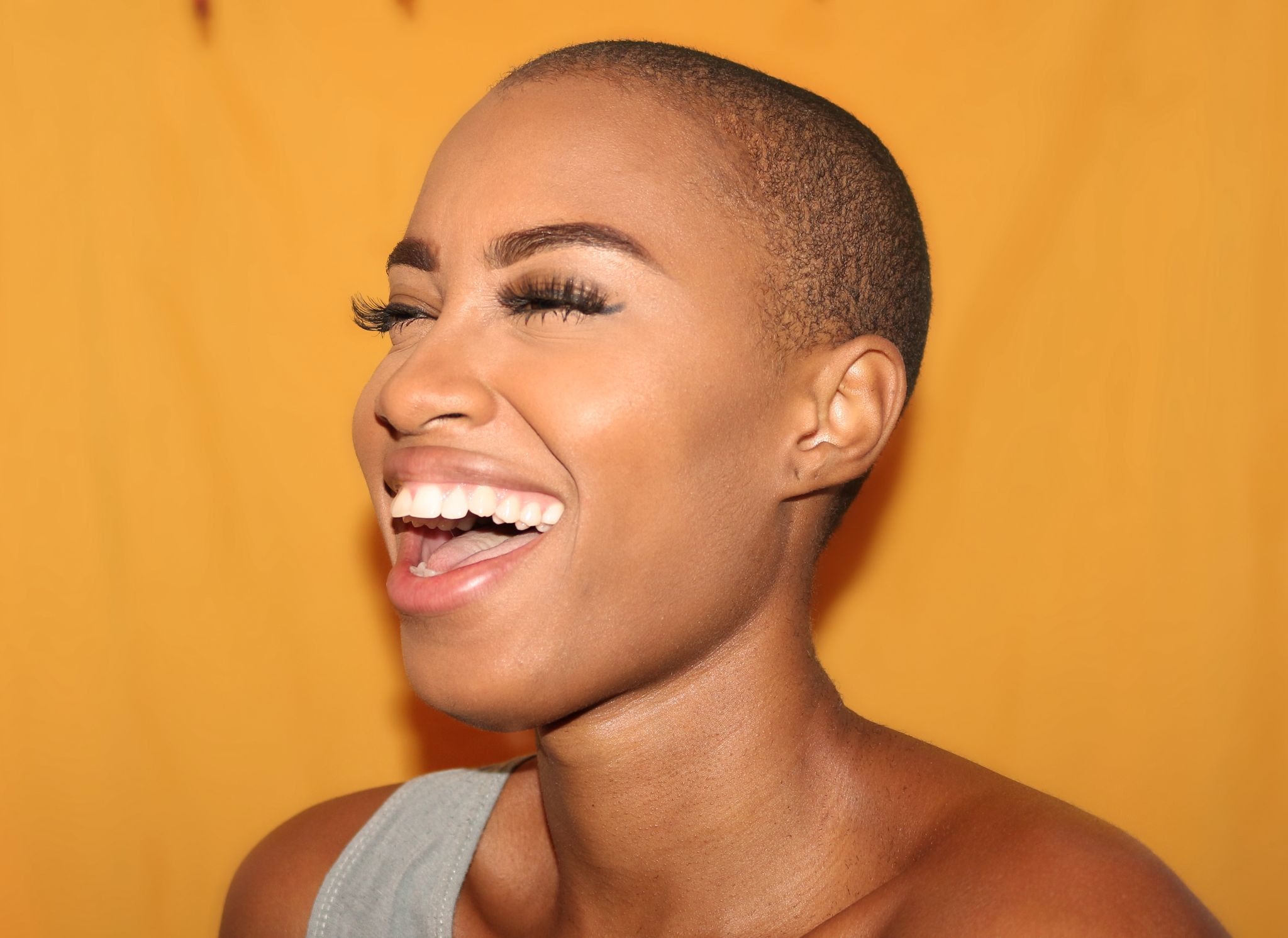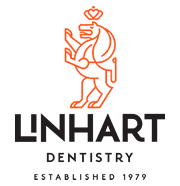
There is plenty of dental advice on the Internet. But most of it is nothing specific. It’s just the usual make sure you brush your teeth and I hope you use a dental floss.
But very few people ever remember to say when to brush your teeth and how to floss your teeth.
And these things do matter, especially if you’re on treatment for a particular condition.
So here are some common questions about brushing and flossing and answers you can use:
1. Why Even Brush My Teeth?
You may have been doing it every day for years now but have you ever wondered why everyone gets involved in this daily routine? Well, you may have done that, and I’m guessing you thought it was to get rid of the stale morning breath.
And you were right, but that’s just one of the reasons. There’s a lot going on in your mouth as the day progresses, and it gets covered with a substance called plaque.
It’s even worse if you’re on a diet high in sugars ’cause that just means it’ll form quickly on your teeth. Brushing removes most of this plaque but, when avoided, can increase tooth can decay resulting in gum disease.
All of these infections come with their own problems, sometimes bleeding is involved. This affects your smile and some oral infections have been associated with heart disease and diabetes.
2. Can Going Vegan Eliminate Brushing?
One major reason we need to brush at least twice a day is to deal with plaque buildup. Most dentists advise we stay away from sugary foods, especially snacks and sweets.
Yes, switching diets to a more vitamin-rich one can help nourish your teeth but the problem with this is that there are vegetables that are high in sugar and most carbohydrates are broken down to simple sugars so there’s really no practical way you can avoid sugar in your diet.
You’ll still find deposits of plaque on your teeth at the end of the day so it’s best to just choose a healthy diet and stick to the 2-2 brush rule. That is, brush your teeth twice a day and for two minutes each time.
3. Can I Brush More Than Two Times In A Day?
Yes you can, but you may want to reconsider that.
Overbrushing causes gum recession and you can also injure your gums in the process so it’s never a good idea.
Stick to brushing in the morning and evening and you’ll be fine.
4. Can My Child See The Dentist (And If Yes, When)?
Yes, your child can see the dentist. You can start when the first tooth comes in. Our complete permanent teeth set are available at birth, it just takes some time before we are able to see and touch them.
Your child can also undergo dental x-rays when they’re at least two years of age.
5. What Toothbrush Do I Use?
The toothbrush industry is a large one, there are manual, battery-powered toothbrushes and electric toothbrushes, there are also brushes with rubber handles and those with plastic handles.
And pressure sensors are also included in some brands, this is something you need if you’re not able to time yourself to avoid over-brushing.
Manual toothbrushes have almost no recurring costs. But their bristles get worn out faster than the rest and they can get broken.
Instead, consider the Nano-Silver Toothbrush which combines a unique combination of antibacterial, ultra-soft, multi-length bristles.
When you’re shopping for a toothbrush, and you should normally do this once in three months in line with ADA’s standard, you should also get a case where you can store your toothbrush after each use.
Leaving your toothbrush exposed in the bathroom or in your room may be the perfect invitation for bacteria to rest on their wet bristles.
6. What’s A Good Brushing Technique Like?
Let your toothbrush be at a 45° angle to your teeth and move your toothbrush in a circular motion around your teeth.
And back to the bristles, any toothbrush you get should have be soft bristled so you don’t hurt your gums or injure your tongue in the process.
Brush all the surfaces of your teeth and don’t forget your tongue while you’re at it.
Your brush head is another thing to look at for this technique to work. We all have different jaw sizes so you should use something that can fit conveniently into your jaw space and move around without any problems.
7. Why Even Floss?
Many dentists agree that brushing can’t get all the plaque off your teeth. There are still very little margins, pits and crevices that even the most sophisticated toothbrushes can’t get to.
So getting and using a dental floss is the only way to stay 99.9% plaque free. Flossing also prevents common dental infections like cavities and periodontitis.
8. How Many Times Should I Floss?
As many times as you brush your teeth. So I guess that’s twice. Flossing doesn’t take as much mental energy as brushing so there’s no reason to skip it, you can floss even while listening to music or watching television.
9. What’s The Best Toothpaste?
There’s really nothing like a toothpaste that works for everyone at all times because some conditions can make you react to the contents of a particular paste.
But a fluoridated toothpaste is a good start. Fluoride is a very important element that helps strengthen the teeth. It also fights enamel erosion that occurs when your teeth are being attacked by demineralizing acids.
And if you’re looking to get a toothpaste to whiten your teeth, there are many options for you but it’s important you consult your dentist before using any or opting for traditional remedies.
There are many questions people have about brushing and flossing, this post should have answered some of yours.
